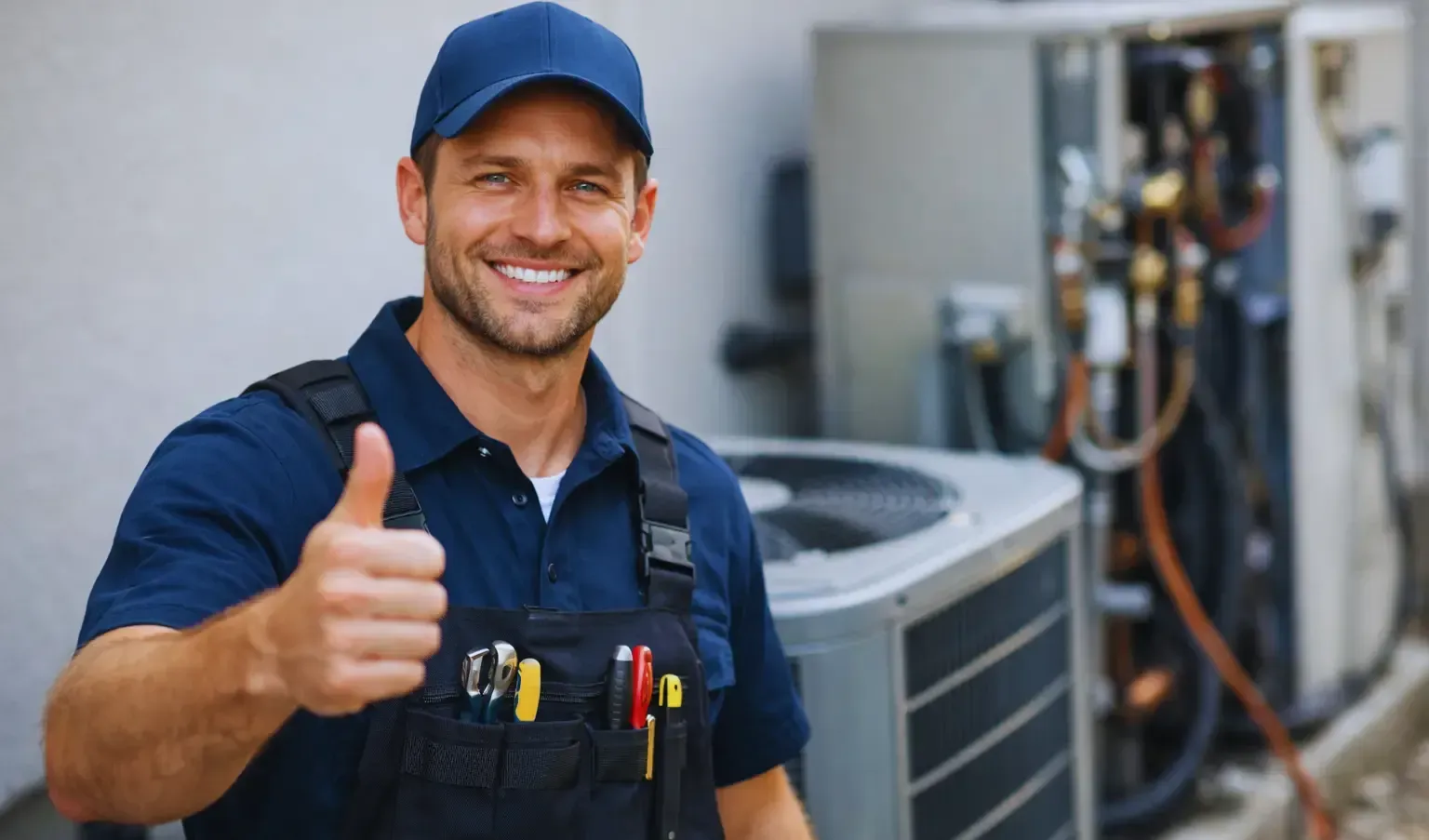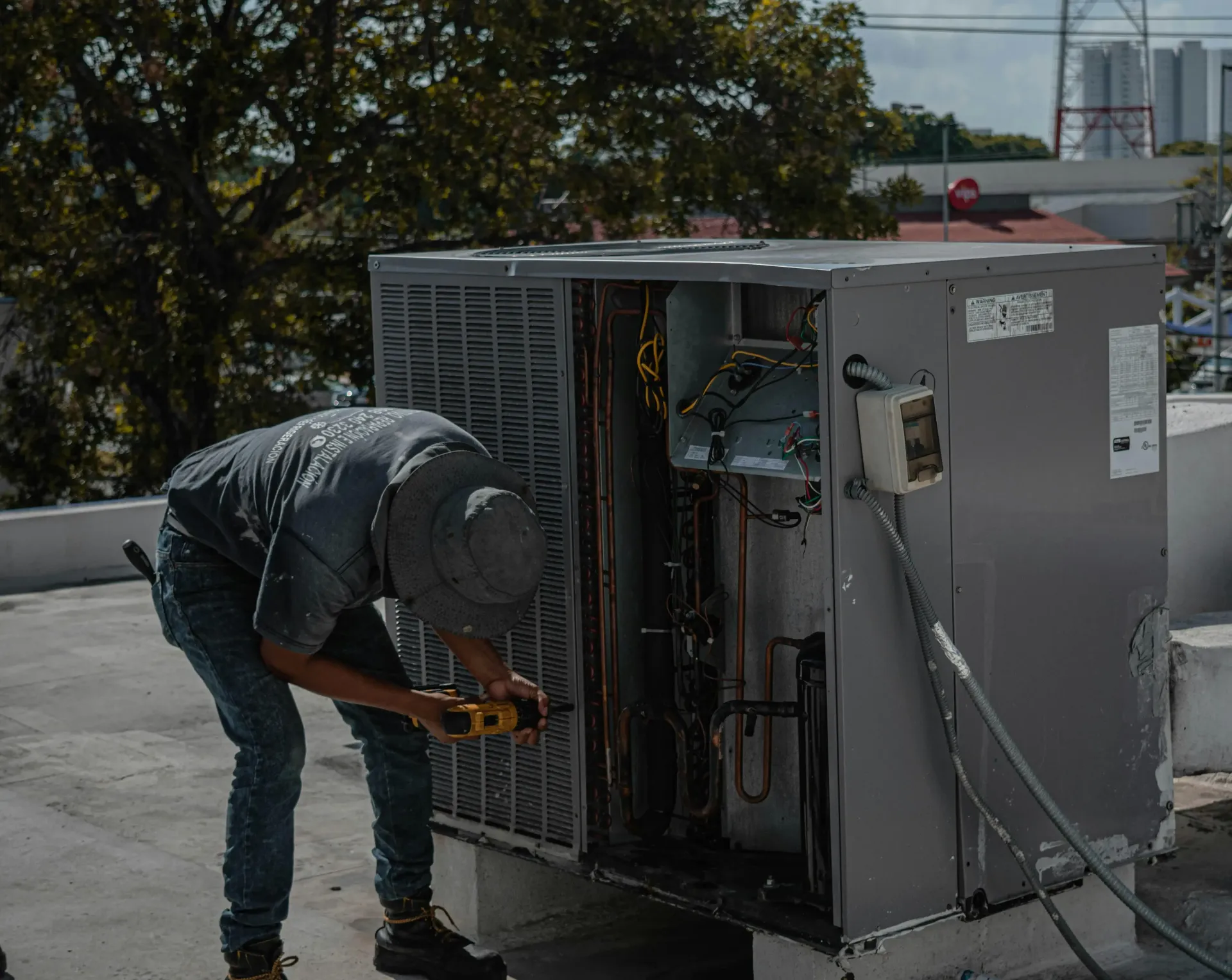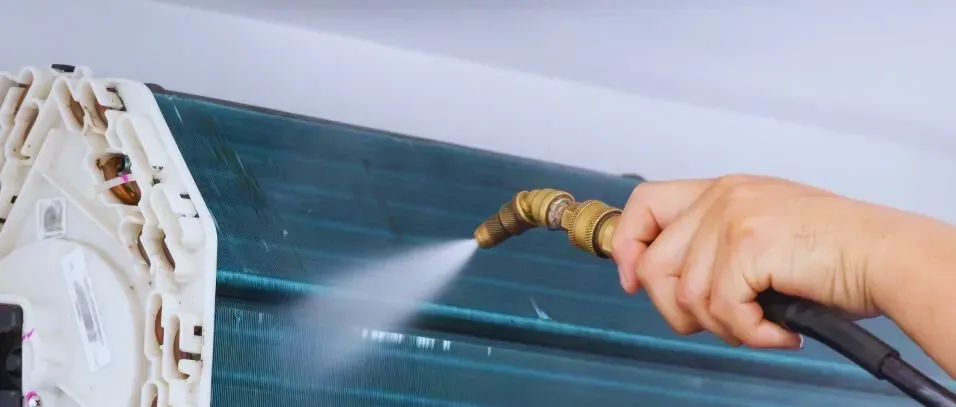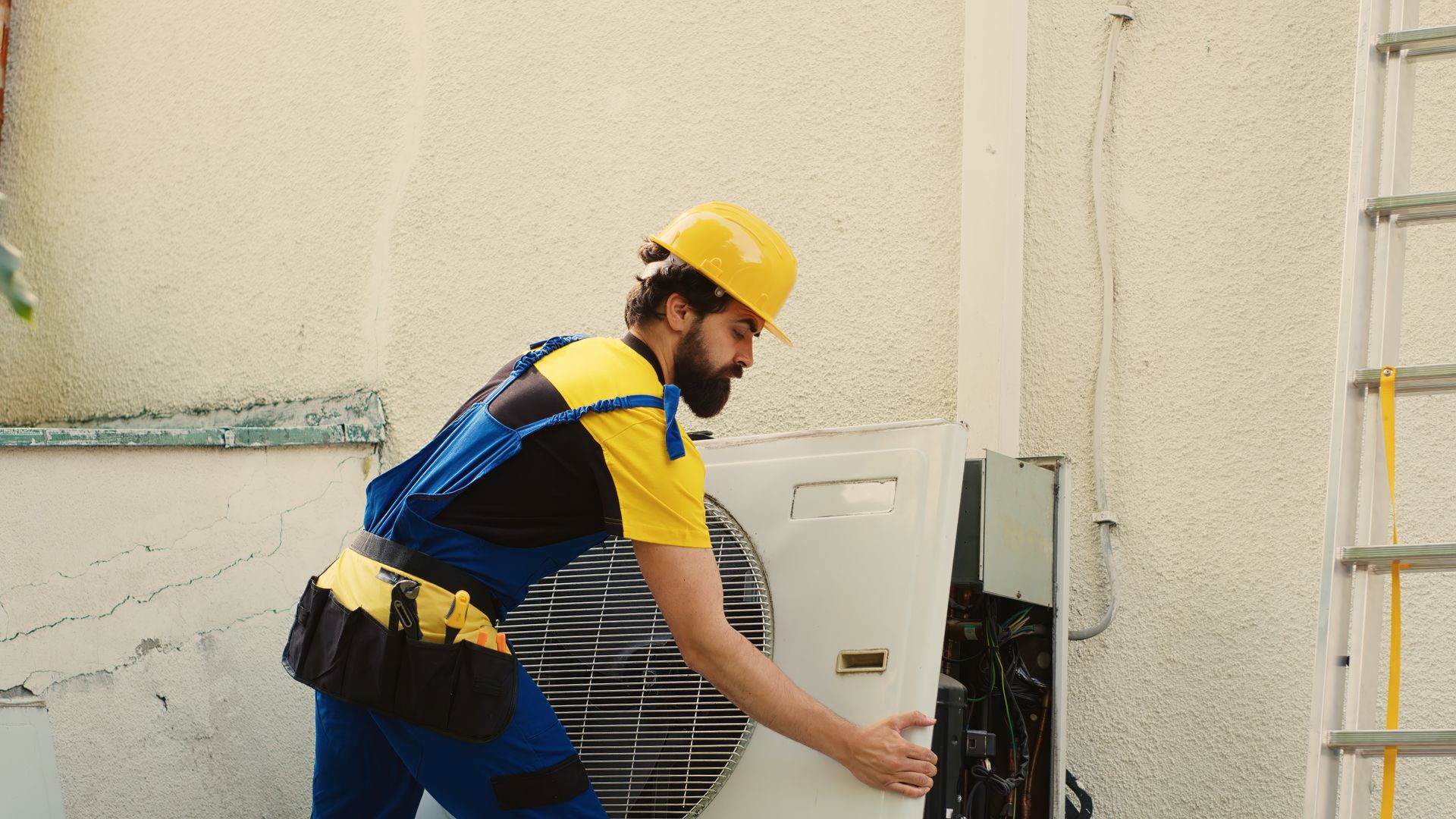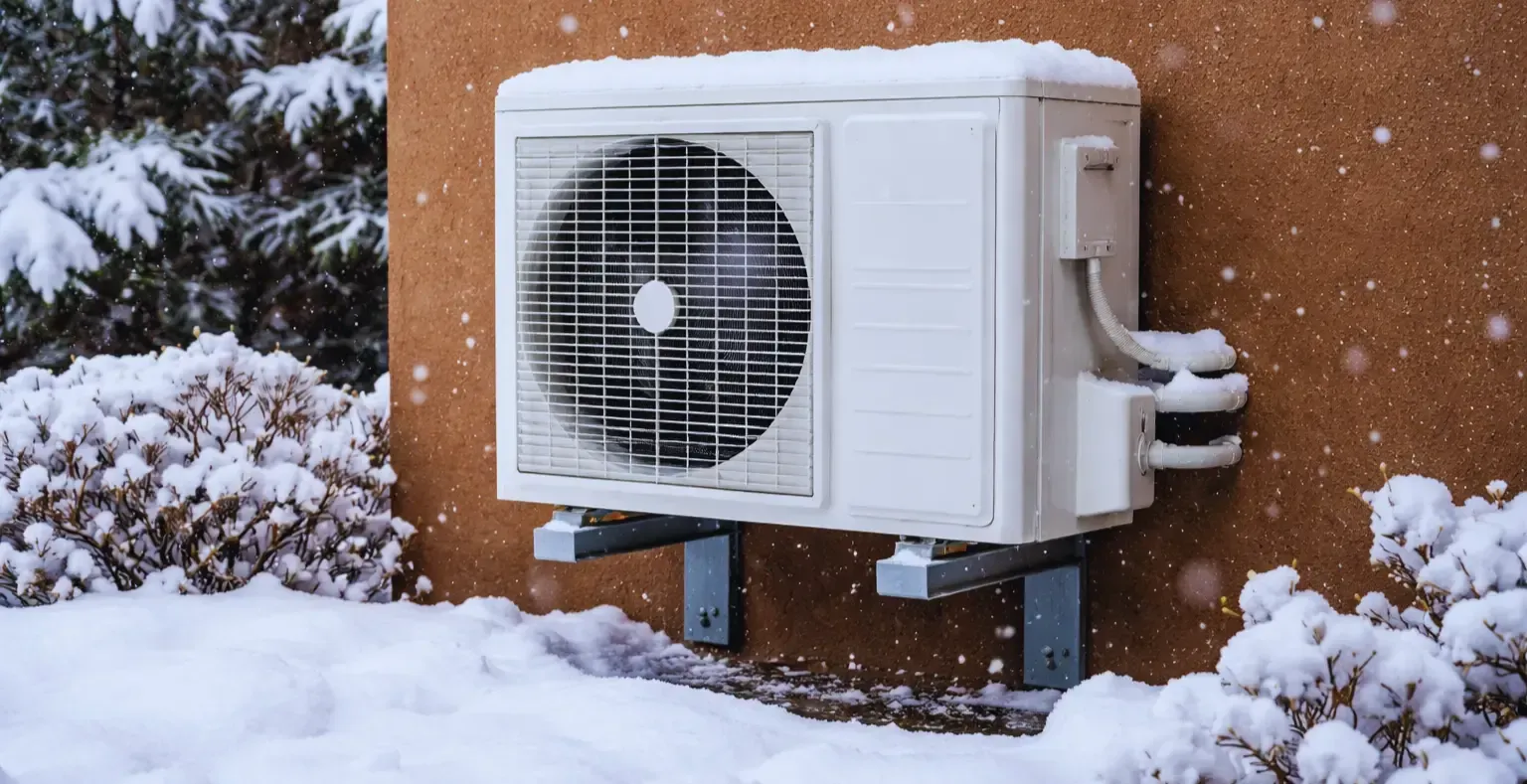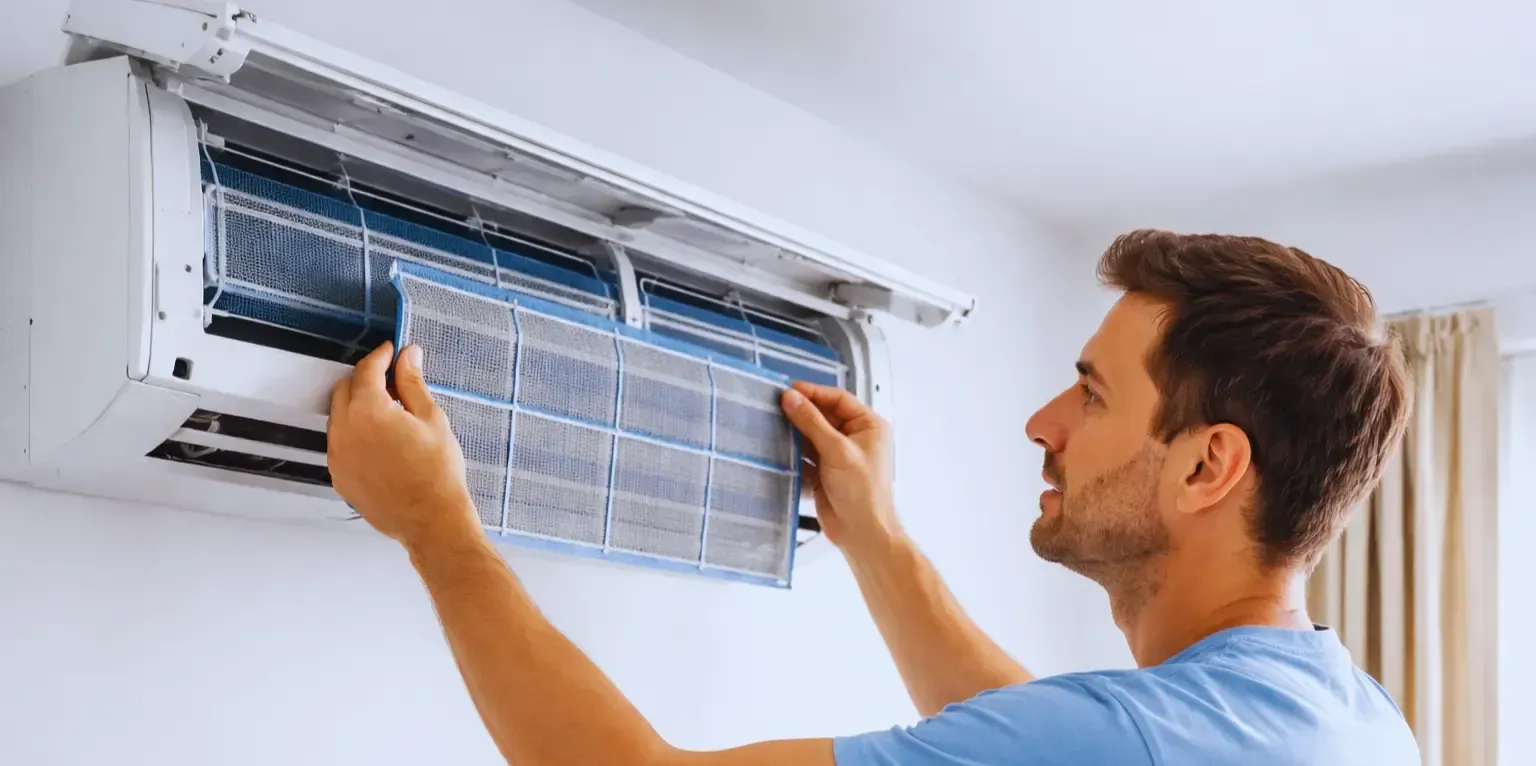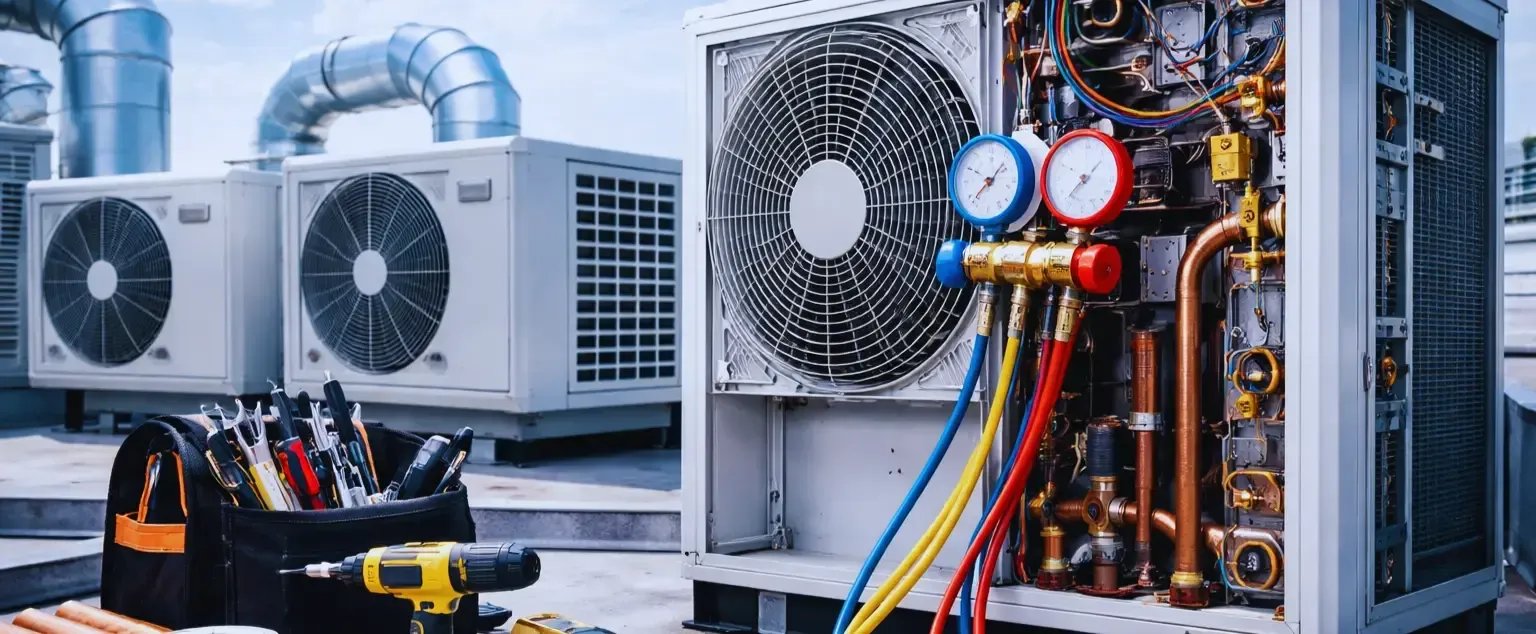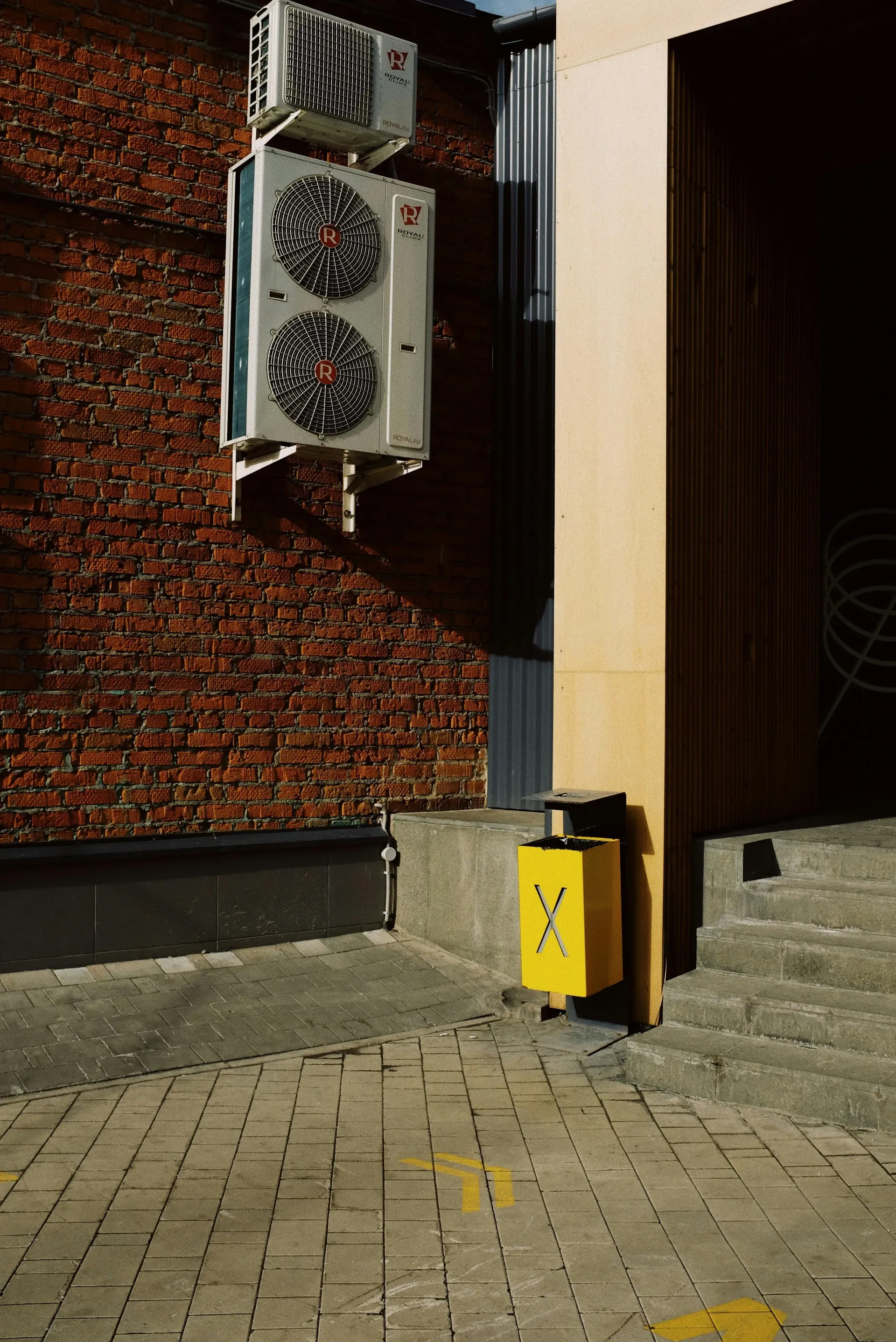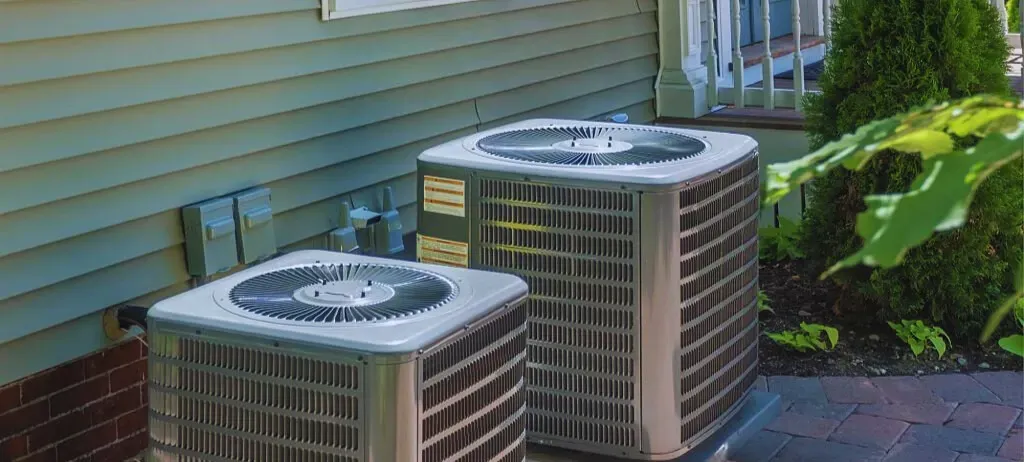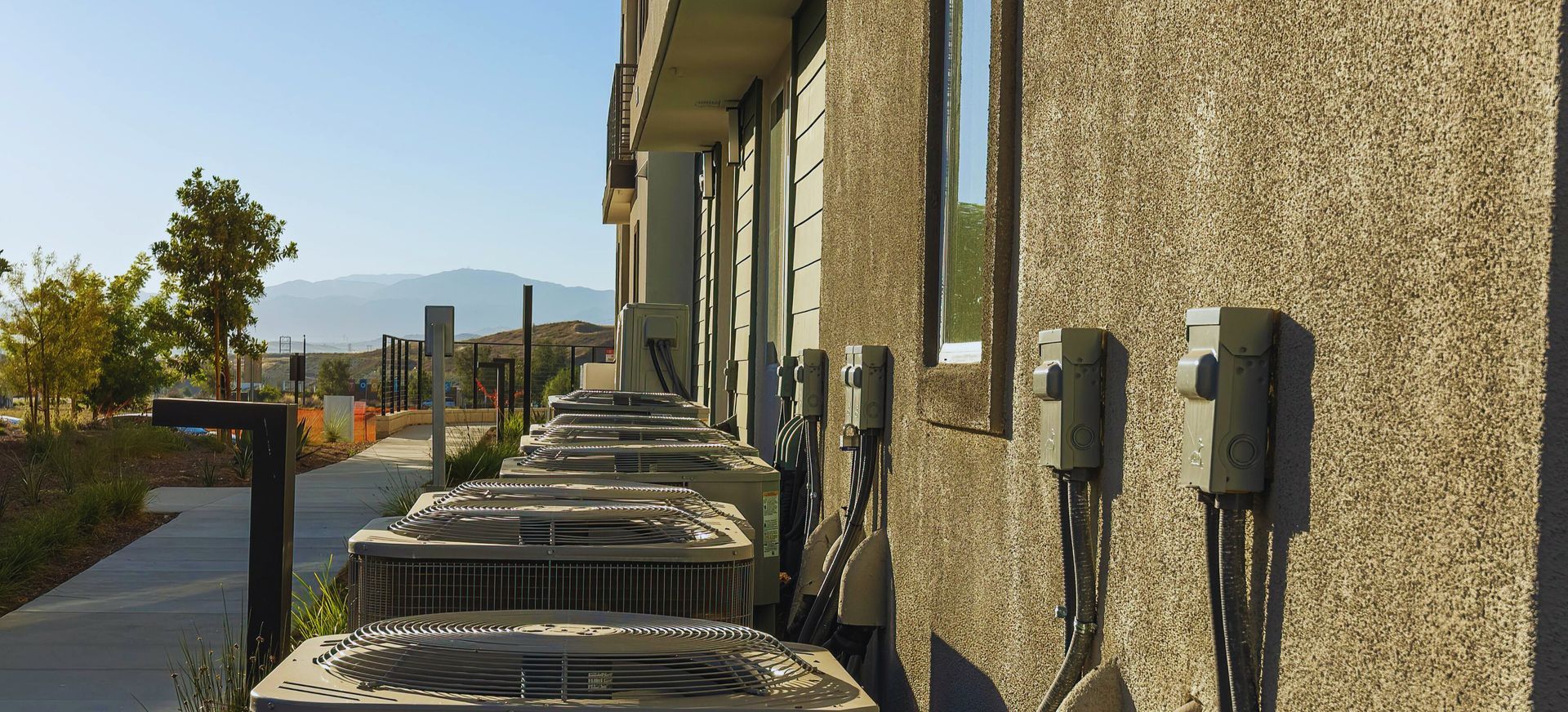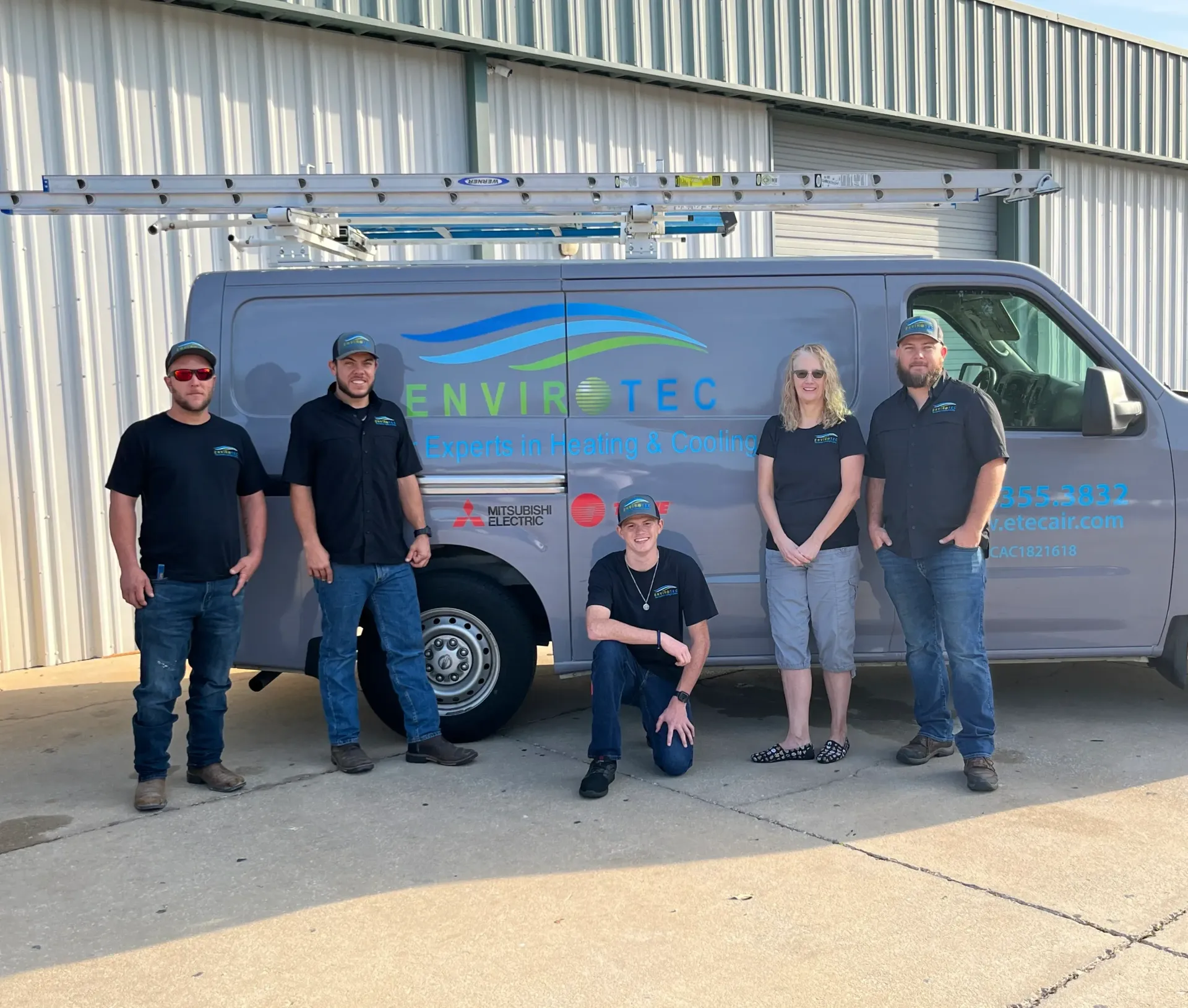Is Your HVAC on Its Last Legs? 7 Signs It's Time for a Replacement
Your HVAC system is the unsung hero of your home, quietly working day in and day out to keep you comfortable. But like any hardworking appliance, it won’t last forever. So how do you know when it’s time to say goodbye to your old unit and invest in a new one? Ignoring the warning signs can lead to unexpected breakdowns, costly emergency repairs, and sky-high energy bills.
Here at Envirotec Heating & Cooling, Inc., we want to help our Bradenton, FL, neighbors recognize the signals that their trusty HVAC might be nearing the end of its life. Here are seven key indicators that it’s time to consider a replacement.
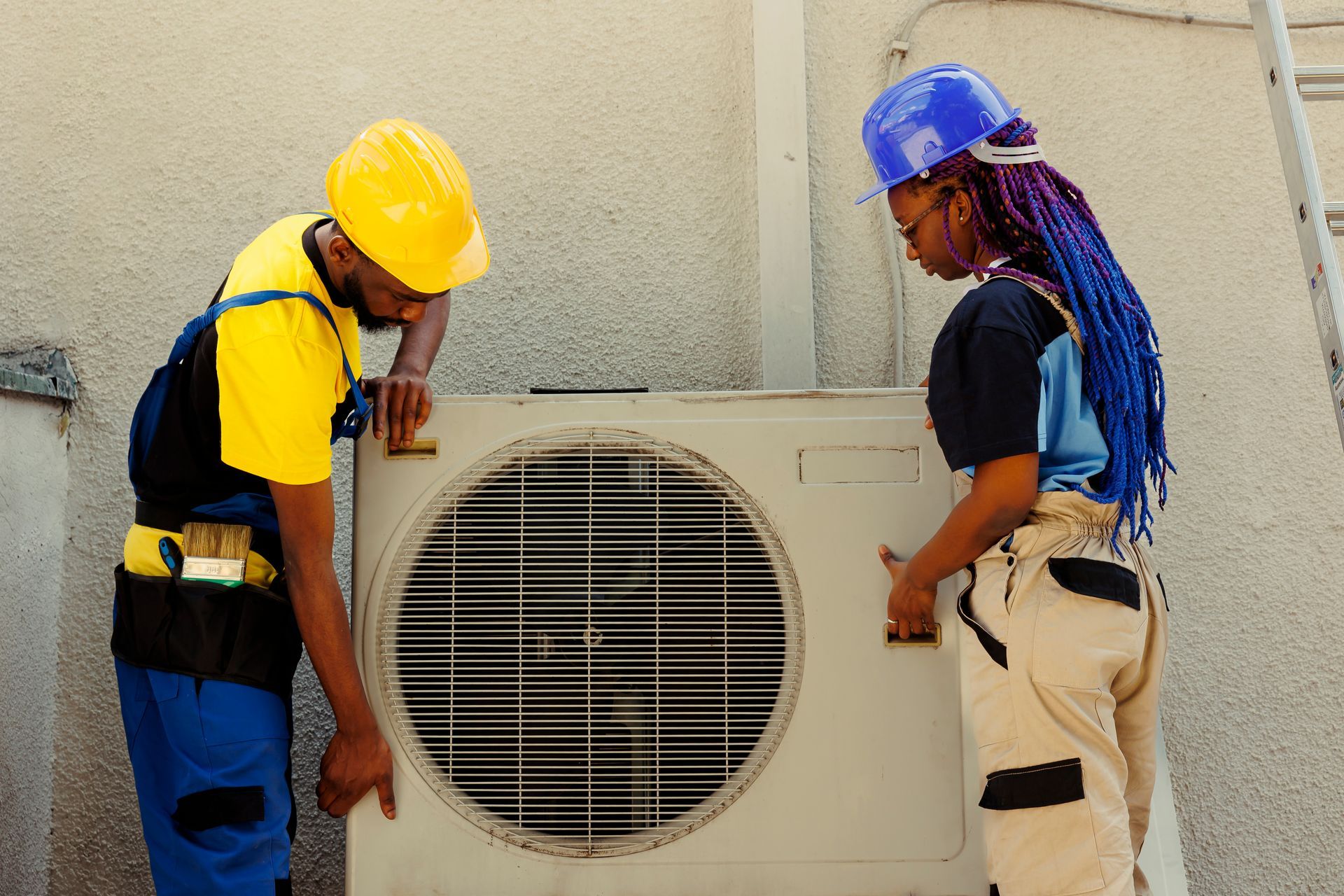
1. Your HVAC System's Age
The most straightforward indicator is age. Most HVAC systems have a lifespan of 15 to 25 years. Specifically, air conditioners typically last about 10 to 15 years, while furnaces can last 15 to 20 years with proper care. If your system is approaching or has surpassed this age range, it’s likely operating much less efficiently than modern units and is more prone to failure.
2. Rising Energy Bills
Have you noticed a steady, unexplained increase in your utility bills? As HVAC systems age, their components can wear down, causing them to lose efficiency and work harder to heat and cool your home. This extra effort translates directly into higher energy consumption. Upgrading to a new, high-efficiency system can lead to significant savings on your monthly bills. In fact, you could save 20-40% on cooling costs by replacing an older air conditioner with a more energy-efficient model.
3. Frequent and Costly Repairs
An occasional repair is normal, but if you find yourself on a first-name basis with your HVAC technician, it’s a red flag. Frequent breakdowns are a clear sign that your system is deteriorating. A good rule of thumb is the “$5,000 Rule”: multiply the age of your unit by the estimated repair cost. If the total exceeds $5,000, replacement is often the more financially sound decision. Continuing to pour money into an aging system can quickly become more expensive than investing in a new, reliable unit.
4. Strange Noises or Smells
Your HVAC system should operate relatively quietly. If you start hearing unusual sounds like grinding, squealing, banging, or rattling, it’s a sign of mechanical problems. These noises can indicate issues like a failing motor or loose parts. Similarly, persistent strange odors are a cause for concern. A musty smell could point to mold in your ductwork, while a burning smell might indicate a serious electrical issue with the motor or wiring. If you notice a burning electrical smell, turn off your unit immediately and call a professional.
5. Inconsistent Temperatures and Poor Airflow
Are some rooms in your house uncomfortably hot while others are too cold? Uneven heating and cooling is a common symptom of an aging HVAC system that is struggling to distribute air effectively. You might also notice weak or poor airflow from your vents. These issues can stem from problems with the compressor, blower motor, or ductwork, all of which can be signs that your system is on its last legs.
6. Excessive Dust or Humidity Issues
A properly functioning HVAC system does more than just control temperature; it also helps manage your home's humidity and air quality. If you notice a sudden increase in dust, or if your home feels excessively humid in the summer or dry in the winter, your HVAC system may be failing. Modern HVAC systems offer advanced filtration and humidity control, which can significantly enhance your indoor air quality and overall comfort.
7. Your System Uses R-22 Freon
If your air conditioner was manufactured before 2010, it likely uses R-22 refrigerant, also known as Freon. The production and import of R-22 have been phased out due to its harmful effects on the ozone layer. This means that servicing older units that use this refrigerant is becoming increasingly expensive and difficult as supplies dwindle. Upgrading to a new system that uses the more environmentally friendly R-410A refrigerant is a more sustainable and cost-effective solution in the long run.
Making the Right Choice for Your Bradenton Home
Deciding to replace your HVAC system is a significant investment, but it can lead to enhanced comfort, lower energy bills, and improved indoor air quality. Modern systems are quieter, more efficient, and offer advanced features like smart thermostat compatibility. Here at Envirotec Heating & Cooling, Inc., we understand that every home is unique. Our experienced technicians can assess your current system and help you determine if a repair or replacement is the best option for your needs and budget.
Don't wait for a complete system failure to leave you sweating in the Florida heat. If you've noticed any of these signs, contact Envirotec Heating & Cooling, Inc. today at 941-355-3832 for a professional consultation.
Frequently Asked Questions
What is a good SEER rating for a new HVAC system?
A good SEER (Seasonal Energy Efficiency Ratio) rating for a new air conditioner is generally 16 or higher, as this indicates greater energy efficiency and lower cooling costs. While the minimum SEER rating allowed for new installations is 14 in southern states, opting for a higher rating can lead to more significant long-term savings.
How often should I have my HVAC system serviced?
It is recommended to have your HVAC system serviced at least once a year. Ideally, you should schedule maintenance twice a year: once in the spring for your air conditioning and once in the fall for your heating system. Regular maintenance helps ensure optimal performance, extends the lifespan of your unit, and can prevent costly breakdowns.
Can I replace just my outdoor AC unit?
While it is sometimes possible to replace only the outdoor unit, it is generally recommended to replace both the indoor and outdoor components at the same time. Modern AC units are designed to work with a matched indoor unit for optimal efficiency and performance. Mismatched systems can lead to reduced efficiency and a shorter lifespan for the new unit.
